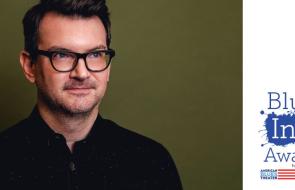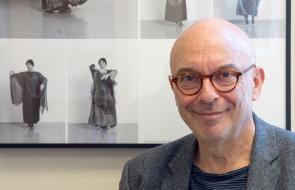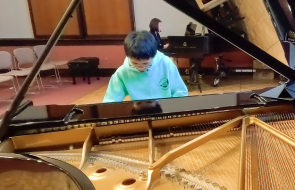How a self-described “Navy brat” and “geek” grew up to become a renowned and innovative music historian.
By MIT OpenCourseWare
Michael Cuthbert, MIT Associate Professor of Music, already has a long list of academic honors to his name, but his talent for creatively combining his two greatest interests—music and computers—may be his most impressive accomplishment. “As a child, my two instruments were a clarinet and a Commodore 64 computer,” he says. “The geek in me has always been on the lookout for new ways to connect them.”
He’s managed to bring both together with remarkable results through his groundbreaking research into 14th- and 15th-century European music, powered by an open-source software package that he designed, called music21. This program—freely available and used by thousands—allows him to analyze the inner mechanics of music and spot historically important trends with an unprecedented depth, breadth, and speed. By allowing any musical historian to spot patterns across musical works that may span hundreds of years and millions of notes, Cuthbert’s music21 has made a substantial contribution to the field of quantitative musical research, which he simply calls “listening faster.”




